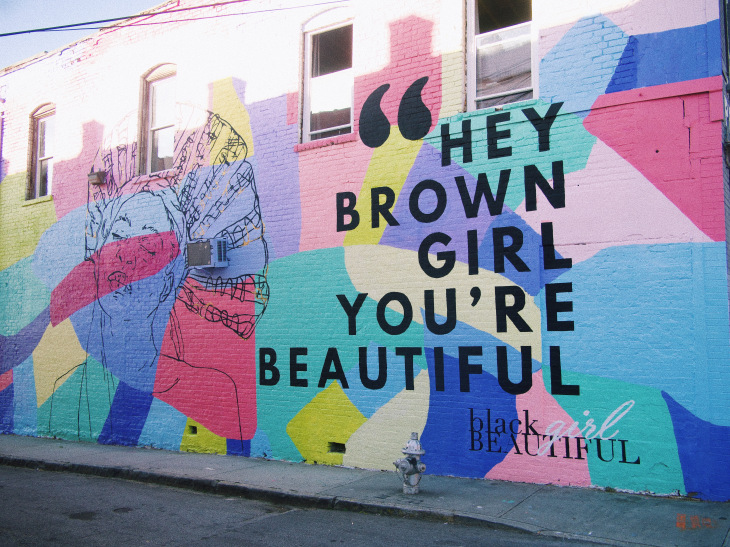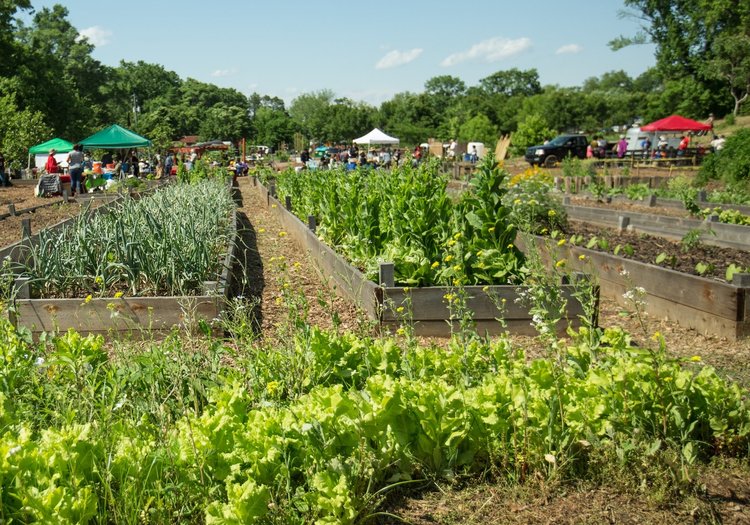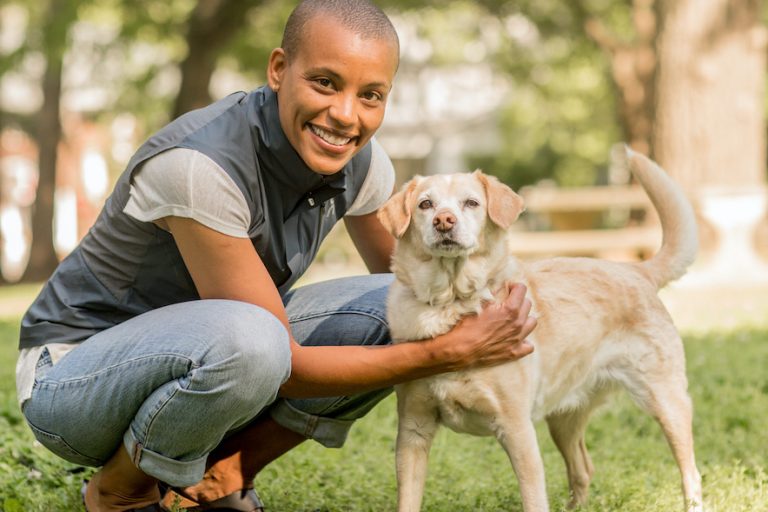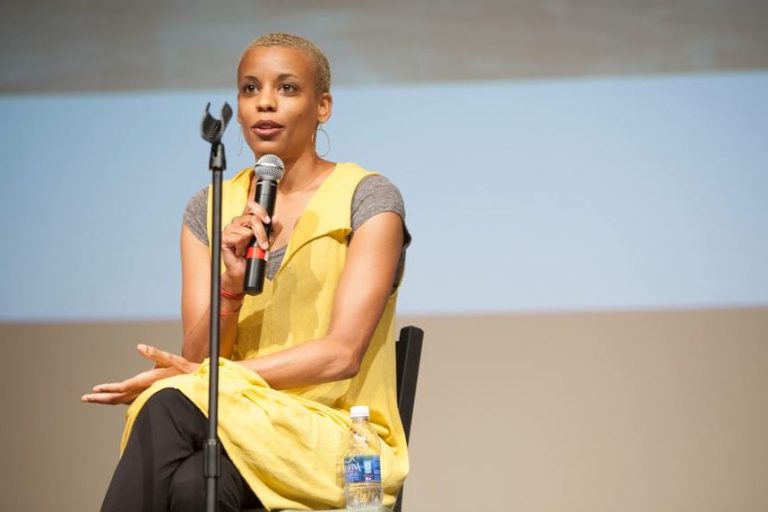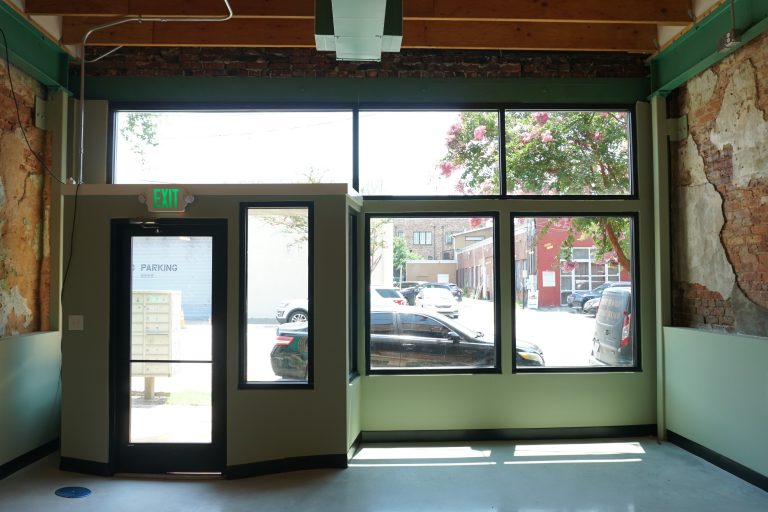It’s hard to imagine that nearly a decade has passed since I convinced my brother Alphonzo to abandon his posh Press Club job in San Francisco to peddle groceries in a neglected blink of a neighborhood in downtown pre-food-hall-era Atlanta. It felt a bit like Green Acres, but with Black people. Southern life does take getting used to, especially if you were raised in Northern California. For the record, Alphonzo is the Eva Gabor in this scenario.
Truly Living Well really was my entire social life back then. I so looked forward to the end of the week market and the fresh vegetables Eugene Cooke would pull from the Earth and order me to taste. Or the collection of people who would stream into the parking lot at the end of the day to chat with Rashid under the shade tree. The transformation of that once vacant lot in Old Fourth Ward into a beautiful, healthy oasis where enchanting music played and people came to be inspired and fed was one of the many miracles I’ve been blessed to have witnessed in my lifetime. My apartment was less than a block away when I first started going. It was the closest place to get food. They fed everybody. I loved having them as neighbors.
Observing Rashid Nuri, Eugene and Jovanna Cooke, Nicole Bluh, Tenisio Seanima and everyone else who made the Hilliard Street location such a lifeline for me taught me about building community. Rashid’s trust, generosity, and patience with our nascent entrepreneurship was a wonderful model for me. It was the first time I felt welcomed into a community that genuinely cared about my presence.
Without Rashid’s help and Truly Living Well’s presence, Boxcar Grocer would not have succeeded as long as it did. It may not have even gotten off the ground!
In the years since, my brother and I have transitioned from store operators to property managers and bar owners. Rashid has retired and written his memoirs and the farm has moved from Old Fourth Ward to Collegetown. Eugene, Jovanna, Nicole, and Tenisio have all created their own businesses. All of us a little older and a little wiser, and still committed to contributing to Atlanta’s potential.
I am reminded of this as I watch new businesses emerge, each with their own version of community. What I’ve witnessed, however, is that throughout Atlanta many businesses create meaningful community while being really bad neighbors.
In an age when community largely gets interpreted virtually or identity-related, there still exists a physical environment in which community eventually chooses to settle. With a brick and mortar location, community must integrate within a neighborhood. Failure to understand not only the impact of your business on the neighborhood that you are in and disregard for the people who live there is being a bad neighbor.
I’ve seen this from small businesses and large corporations. Coca Cola comes to mind with its fortress-like design amidst acres and acres of inaccessible, non-street facing buildings barricaded behind walls. Or Morehouse College with its ownership of vacant parcels throughout the Westside that it chooses neither to develop nor maintain that contributes to large-scale blighted conditions so often lamented in Black neighborhoods. The experience of someone – a neighbor – walking past these properties is one of exclusion and inaccessibility.
Add to the list downtown churches that provide food for the homeless but do not house them or support them in other ways to help end their housing insecurity. Massive properties with few parishioners where homeless individuals linger and deficate outside in the elements.
Don’t even get me started on developers that siphon massive tax dollars from city coffers while building subpar developments. Good community acting as bad neighbors.
This also happens with smaller businesses like restaurants functioning as clubs that settle into patterns of disturbance involving godawful noise, unruly customers, and nuisance parking tendencies that leave residents feeling betrayed by the City for allowing such businesses to continue to operate. Escobar and 255 Lounge in Castleberry Hill along with pretty much every hookah bar in the downtown area come to mind.
As residents flock to Atlanta neighborhoods once designated as industrial or purely commercial, the conflict between businesses that have no regard for their neighbors will continue to grow until the City actively starts to enforce its own noise and alcohol ordinances or…gasp…refuses to provide permits to such bad actors in the first place.
Opening a large-scale restaurant/club in a neighborhood with inadequate parking imposes a burden on the residents who often find cars blocking their driveways, vomit on their front stoop, trash strewn about, and loud music broadcast throughout the day and night interrupting work and sleep. Management of such places suck the quality of life out of city neighborhoods while they go home to a quiet house in the suburbs. Developers getting tax breaks to build in already profitable areas like the Eastside Beltline steal growth potential from the children of Atlanta who depend on business taxes to fund public education.
I wish businesses would seek to be good community builders and good neighbors like Truly Living Well. Miya Bailey does this exquisitely with the businesses and buildings he owns. Tassili’s Raw Reality, Ebrick Coffee Room and La Bodega/Buenos Dias Café also support wonderful communities of people as they contribute to the neighborhoods in which they reside. Loose Nuts Cycles and Aviva by Kameel also come to mind as community-rich, good neighbors who keep people healthy and feeling great.
It doesn’t take much to be a good neighbor while you’re looking for a place to plant your community. Just a respect, a good attitude, and the desire to leave a place better than you found it.
